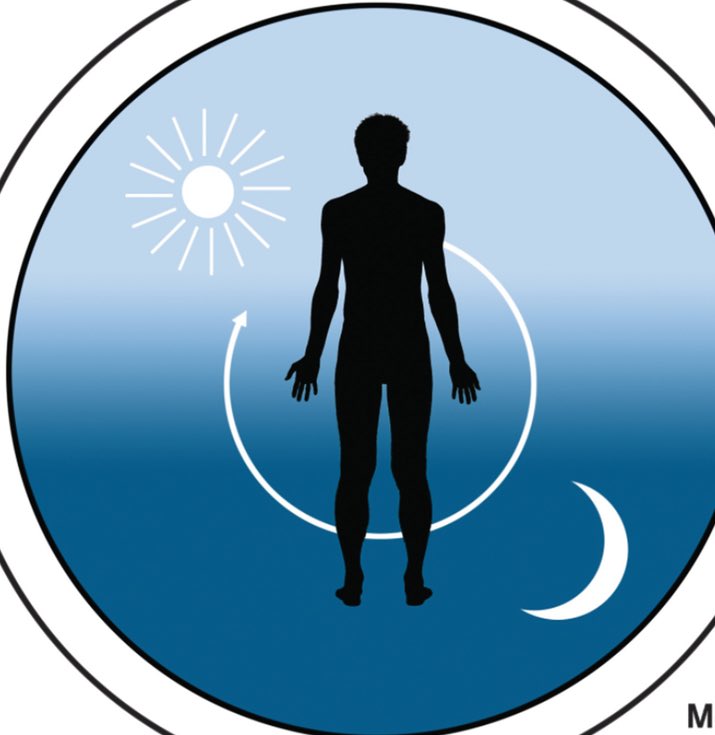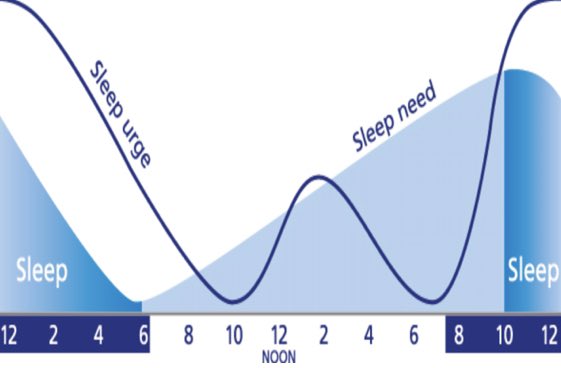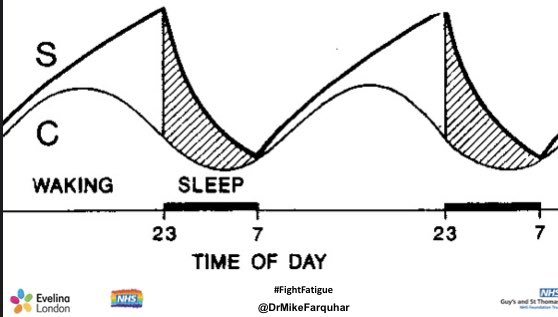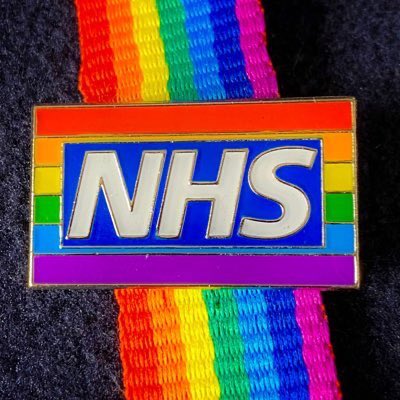
Seems a good time to remind yourself that how you are thinking and feeling is likely a NORMAL response to EXTRAORDINARY circumstances
There is support and help out there
It is absolutely OK to not feel OK, but don’t ignore it
@DrShreeUnadkat
blogs.bmj.com/bmj/2020/03/16…
There is support and help out there
It is absolutely OK to not feel OK, but don’t ignore it
@DrShreeUnadkat
blogs.bmj.com/bmj/2020/03/16…
(usual caveat that, because this was published in the BMJ, “healthcare professionals” was changed to “doctors” in the headline but, clearly, this isn’t just about doctors)
And this, more than ever:
“When the pandemic is over, and we return to some sense of “normal” again, we will need an even more vigorous discussion about what safe staffing, safe resources, and a safe model of care really mean in the modern NHS.”
“When the pandemic is over, and we return to some sense of “normal” again, we will need an even more vigorous discussion about what safe staffing, safe resources, and a safe model of care really mean in the modern NHS.”
Excellent thread from @DrShreeUnadkat explaining why # many of us are feeling the way we are as the second COVID19 wave continues to strengthen, and practical suggestions to help
https://twitter.com/DrShreeUnadkat/status/1322917691624198152
“Being kind” is important but it may not be sufficient
When we are exhausted, our ability to empathise is impaired and, when we can’t, we can feel we’ve failed even more
As with #FightFatigue, we need individual AND systemic supports for this, or else “be kind” can become empty
When we are exhausted, our ability to empathise is impaired and, when we can’t, we can feel we’ve failed even more
As with #FightFatigue, we need individual AND systemic supports for this, or else “be kind” can become empty

• • •
Missing some Tweet in this thread? You can try to
force a refresh





















